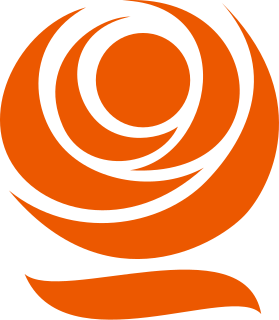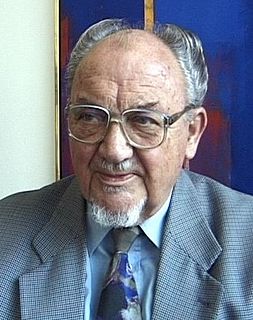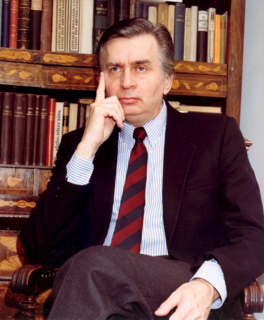| |||||||||||||||||||||||||||||||||||||||||||||||||||||||||||||||||||||||||||||||||||||||||||||
All 516 seats in the Imperial Council 259 seats needed for a majority | |||||||||||||||||||||||||||||||||||||||||||||||||||||||||||||||||||||||||||||||||||||||||||||
|---|---|---|---|---|---|---|---|---|---|---|---|---|---|---|---|---|---|---|---|---|---|---|---|---|---|---|---|---|---|---|---|---|---|---|---|---|---|---|---|---|---|---|---|---|---|---|---|---|---|---|---|---|---|---|---|---|---|---|---|---|---|---|---|---|---|---|---|---|---|---|---|---|---|---|---|---|---|---|---|---|---|---|---|---|---|---|---|---|---|---|---|---|---|
| Turnout | 4,625,082 (80.20%) | ||||||||||||||||||||||||||||||||||||||||||||||||||||||||||||||||||||||||||||||||||||||||||||
| |||||||||||||||||||||||||||||||||||||||||||||||||||||||||||||||||||||||||||||||||||||||||||||
 Seats of the House of Deputies of the Imperial Austro-Hungarian Council. Situation after the November 1911 Cisleithanian legislative elections. The seats are marked by nationality. | |||||||||||||||||||||||||||||||||||||||||||||||||||||||||||||||||||||||||||||||||||||||||||||
| |||||||||||||||||||||||||||||||||||||||||||||||||||||||||||||||||||||||||||||||||||||||||||||
 |
|---|
| This article is part of a series on the politics and government of Austria-Hungary |
| Compromise of 1867 |
|
Legislative elections to elect members of the Imperial Council were held in Cisleithania, the Austrian section of Austria-Hungary over several days in June and July 1911. [1] A coalition of German national and liberal parties, the Deutscher Nationalverband , emerged as the largest bloc in Parliament, holding 100 of the 516 seats. Voter turnout was 80.2%. [2]

The Imperial Council was the legislature of the Austrian Empire from 1861, and from 1867 the legislature of Cisleithania within Austria-Hungary. It was a bicameral body: the upper house was the House of Lords, and the lower house was the House of Deputies. To become law, bills had to be passed by both houses, signed by the government minister responsible, and then granted royal assent by the Emperor. After having been passed, laws were published in the Reichsgesetzblatt. In addition to the Imperial Council, the fifteen individual crown lands of Cisleithania had their own diets.

Cisleithania was a common yet unofficial denotation of the northern and western part of Austria-Hungary, the Dual Monarchy created in the Compromise of 1867—as distinguished from Transleithania, i.e. the Hungarian Lands of the Crown of Saint Stephen east of ("beyond") the Leitha River.

Austria, officially the Republic of Austria, is a country in Central Europe comprising 9 federated states. Its capital, largest city and one of nine states is Vienna. Austria has an area of 83,879 km2 (32,386 sq mi), a population of nearly 9 million people and a nominal GDP of $477 billion. It is bordered by the Czech Republic and Germany to the north, Hungary and Slovakia to the east, Slovenia and Italy to the south, and Switzerland and Liechtenstein to the west. The terrain is highly mountainous, lying within the Alps; only 32% of the country is below 500 m (1,640 ft), and its highest point is 3,798 m (12,461 ft). The majority of the population speaks local Bavarian dialects as their native language, and German in its standard form is the country's official language. Other regional languages are Hungarian, Burgenland Croatian, and Slovene.
Contents
This was the second election under universal male suffrage, and the last before the dissolution of the empire as a result of World War I. At that dissolution it was the German representatives that formed the first truly Austrian legislative body of the Republic of German-Austria.

World War I, also known as the First World War or the Great War, was a global war originating in Europe that lasted from 28 July 1914 to 11 November 1918. Contemporaneously described as "the war to end all wars", it led to the mobilisation of more than 70 million military personnel, including 60 million Europeans, making it one of the largest wars in history. It is also one of the deadliest conflicts in history, with an estimated nine million combatants and seven million civilian deaths as a direct result of the war, while resulting genocides and the 1918 influenza pandemic caused another 50 to 100 million deaths worldwide.

The Republic of German-Austria was a country created following World War I as the initial rump state for areas with a predominantly German-speaking population within what had been the Austro-Hungarian Empire.
In the German-speaking areas the results however were similar to the previous elections in 1907, with the Christian Socials as the largest party (76 seats), followed by the Social Democrats (43) and the German People's Party (32). Both the major parties lost seats, and the parties which gained were the moderate centre and the radicals. Results varied by province, with Lower Austria providing the political base for the two largest parties. There was a wide difference between rural areas (Christian Social) and urban (Social Democrat), a split (social cleavage) that had become more evident since 1907, with the Christian Socials losing their support in the outer belt of Viennese districts. Support for the German People's party was more even. The German People's Party found its support in the middle strata of Austrian society. On the other hand, industrialists rejected this party in favour of the Freisinnige group, particularly the German Progressive Party, as did the more prosperous merchants.

The German People's Party was a German nationalist political party in Austria.
Among the non-German nationalities, the results also differed widely between nations. [3]






















